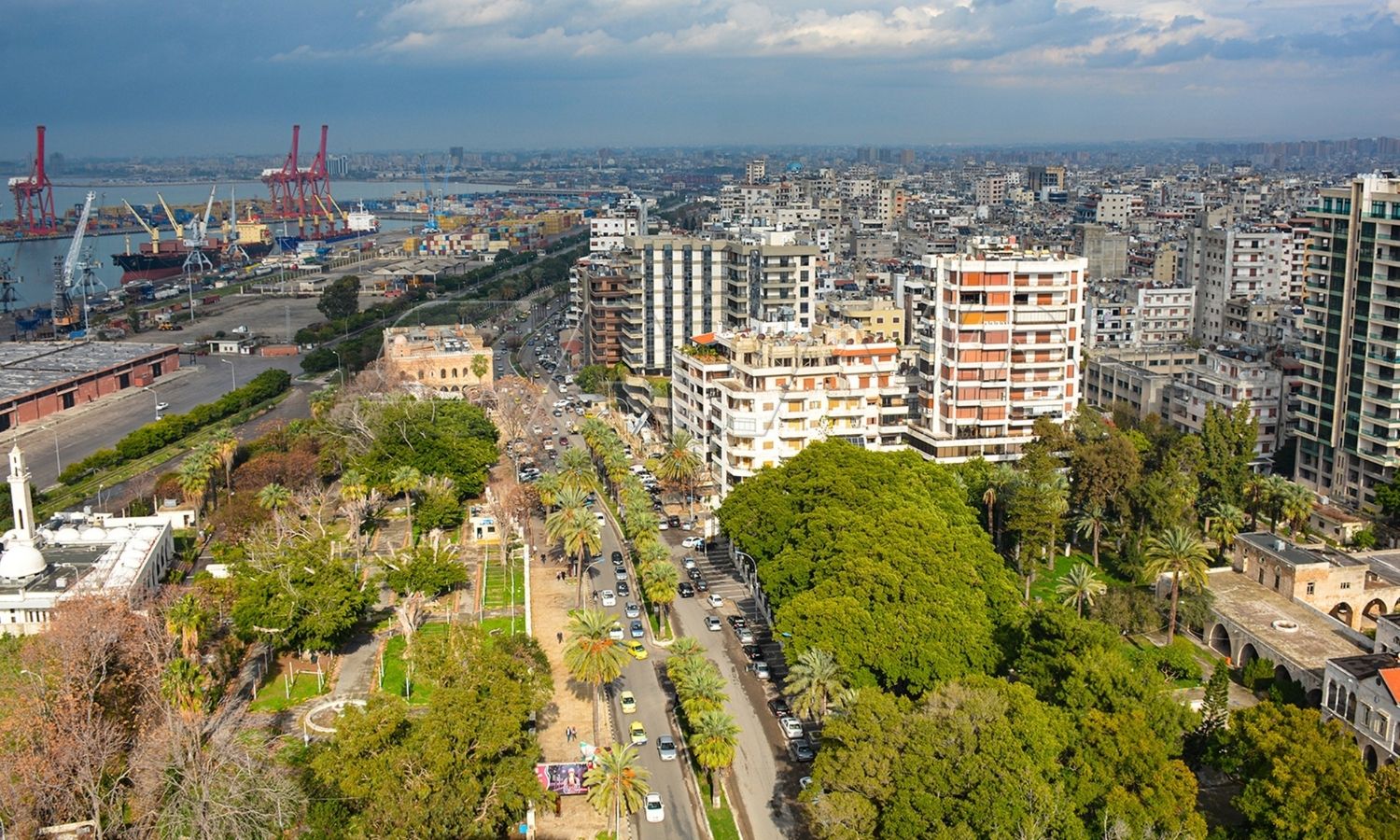



“Winter is over, and we have not received a single drop. Why did they leave us waiting all winter if they did not want to deliver diesel to us,” says Abu Firas, 60, complaining that he has not received subsidized diesel allocations for eight months in the coastal governorate of Latakia.
Abu Firas (pseudonym), who lives alone in the al-Awainah neighborhood in the center of Latakia, was surprised after his son traveled abroad that the government’s allocations for diesel during the winter amount to 200 liters, while the “Way-in” application shows him that his allocations are only 100 liters.
Abu Firas, along with some of his neighbors, is still waiting to obtain the first batch of diesel fuel allocations for the winter season, since September 2021, amid promises of the arrival of an SMS message to receive the quantity or the first batch.
In the winter, Abu Firas resorted to an alternative solution, which is “al-Arjoum,” olive remains, to protect him from the cold, and to suit his financial capabilities, as his house needs heating greatly, especially since it is located in an old floor building that does not see the sun unless for few hours before sunset.
The Arjoum, as it is known in Arabic, is formed from olive residues resulting from the pressing process and extracting the oil, and it comes in the form of crumbs, and it is of medium speed in the ignition.
The Arjoum is an unhealthy substance and is a source of smoke and unpleasant odor because it contains remnants of oils and causes coughing and chest allergies.
Abu Firas consumes about two kilograms of Arjoum per day, and the price of one kilogram is 2,500 Syrian pounds (equivalent to 65 US cents), relying on his son’s money transfers to purchase it.
The areas under the control of the Syrian regime suffer in general from a weakness in the hydrocarbon sector and the spread of queues at the stations, which the government’s solutions have not managed to completely bypass until today.
Enab Baladi obtained information from some residents of Latakia that their allocation of heating oil is 100 liters, while the general manager of the state-run Sadcop-Mahrukat fuel company, Ahmed al-Shammat, explained on 13 September 2021 that the allocation of one family of heating oil for the past winter is 200 liters, distributed in batches.
Citizens receive their allowances in four installments, each batch of 50 liters, according to what al-Shammat explained in an interview with the local Sham FM radio station.
Sadcop fuel company has started distributing heating fuel allocations for the last winter since the beginning of August 2021, according to al-Shammat.
The company has also implemented the “SMS” mechanism to receive the material in Damascus and Damascus countryside to be circulated later to all governorates.
Abu Firas is considered one of the fortunate people to receive external remittances from sons or relatives, which can help them bear the heavy burdens of living and obtaining heating materials.
“I am alone, and I can barely afford to live, so how about someone who has children and a family,” Abu Firas says, speaking about his neighbors who had to light up the leftovers of food stores from empty cartons and plastic bags or buy “Arjoum” sometimes as they could, except for the woolen sheets that accompany them like clothes on most days.
Syrians abroad resort to financially assisting their relatives in regime-controlled areas through remittances sent to them, but the difference between the official exchange rate and the black market pushes them to send them through the black market.
The Syrian regime has tightened the noose on remittance and licensed exchange offices due to their influence on exchange rates in Syria.
The price of the US dollar on the black market touches 4,000 Syrian pounds, according to the Syrian Pound Today website, which specializes in exchange rates and foreign currencies, while the official price, according to the bulletin of the Syrian Central Bank, is 2,814 Syrian pounds.
if you think the article contain wrong information or you have additional details Send Correction